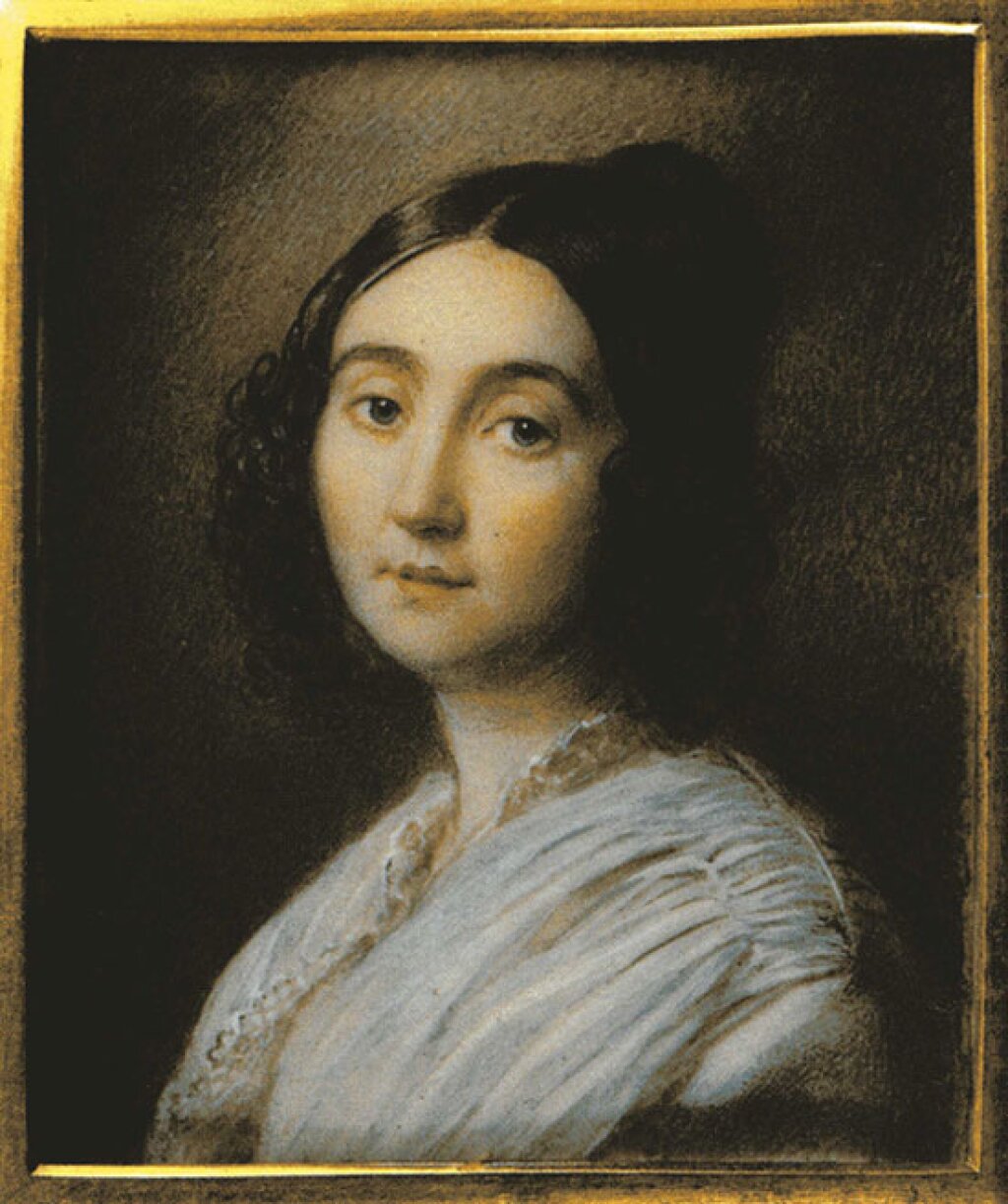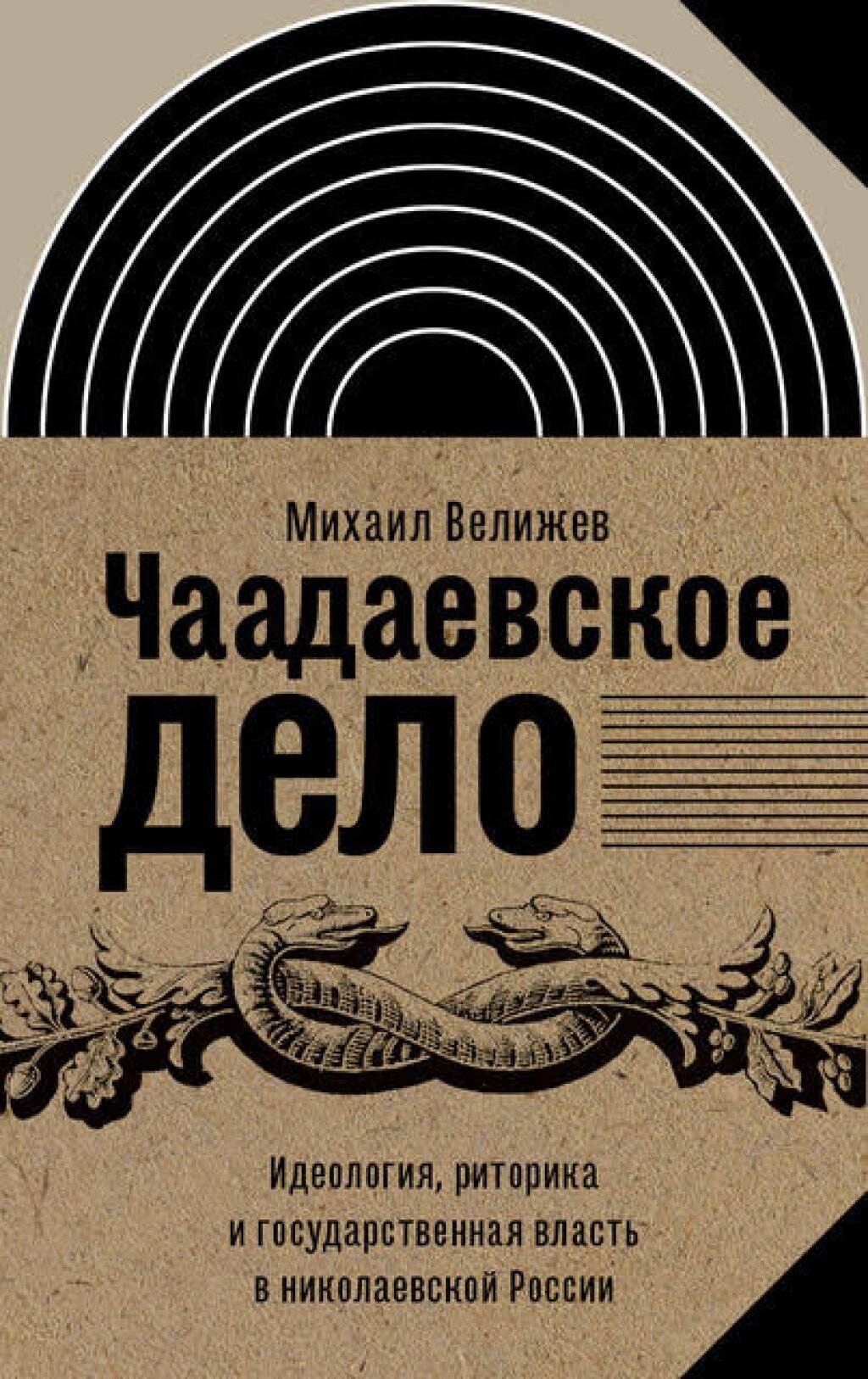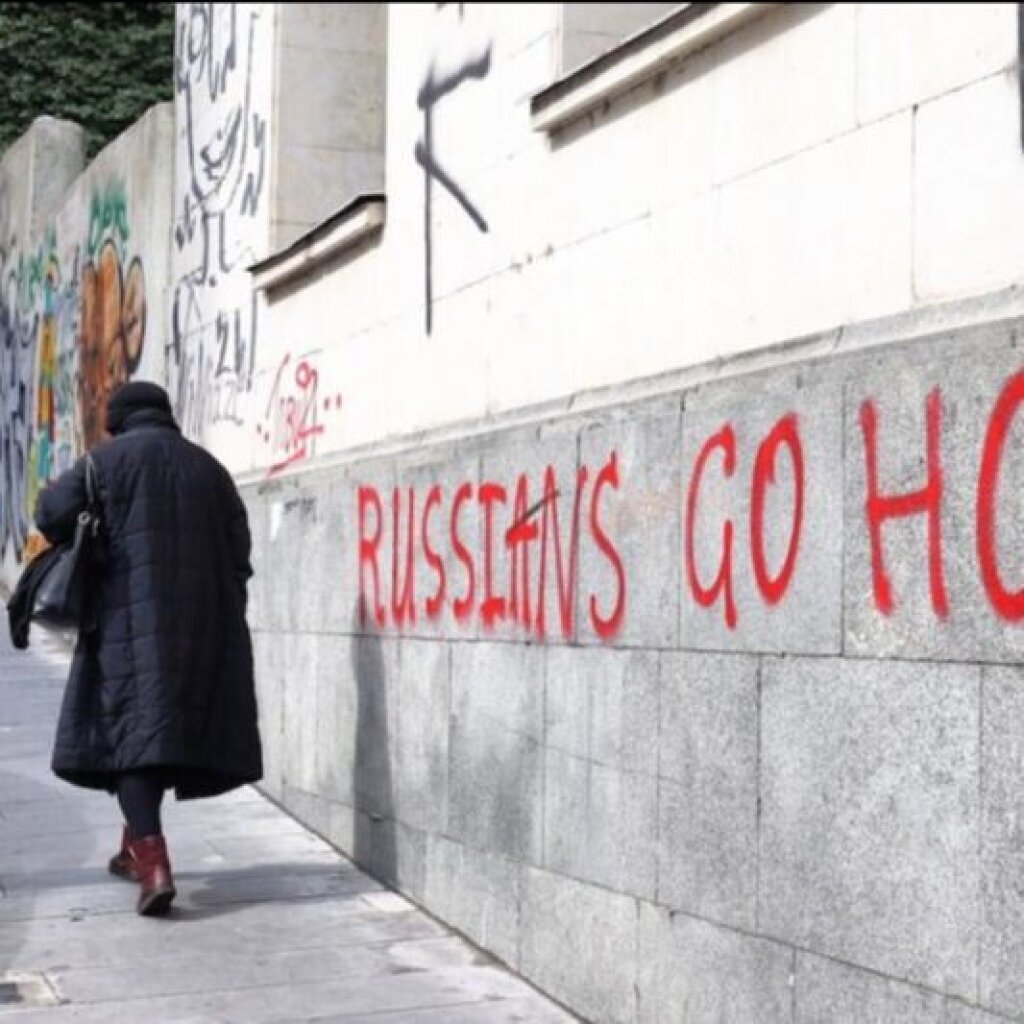Please join us on Tuesday, February 5th for “Russian Women's Writing Workshop: The 1850s in Russia and Evdokiia Rostopchina's Novels of Opposition”, a writing workshop with Diana Greene, New York University . This event is part of the Colloquium Series, sponsored by the NYU Jordan Center for the Advanced Study of Russia.
This chapter is part of a larger study of nineteenth- century Russian women novelists that extends from 1830, the inception of the Russian classic novel, to 1880, the advent of Modernism. The project grew out of several initial questions: Why are there no canonical nineteenth-century Russian women novelists? Are there nineteenth-century Russian women novelists, now forgotten, who are good, and worth re-evaluating or recovering? What does it mean to say that a novel or novelist is “good”? Is it possible that new interpretive strategies could help make some otherwise opaque Russian women’s novels legible and meaningful to twenty-first century readers?
The workshop will focus on the 1850s, a particularly rich and eventful decade in Russian history, literary history, and cultural politics. Among other developments—Realism, radical criticism, and public discussions of the Woman and Serf questions—the 1850s marked the appearance of novels by such women authors as Evgeniia Tur, Nadezhda Khvoshchinskaia, Iuliia Zhadovskakaia, Avdotiia Panaeva, Anastasiia Marchenko, and Aleksandra Kobiakova. I have found especially intriguing, however, Evdokiia Rostopchina’s original, complex, and defiant response to the literary politics of the 1850s in her three novels, Dnevnik devushki, Schastlivaia zhenshchina, and U pristani, all of which appeared between 1850 and 1857.
Radical critics – Panaev, Chernyshevsky, Dobroliubov, Nekrasov—and their Soviet successors ridiculed, disparaged, and reviled not only these novels but Rostopchina herself. This chapter proposes a less androcentric consideration of these works, one that questions nineteenth-century canonical aesthetics and understandings of what it means to say that a novel is “good.” Such an approach, I believe, not only accounts for the present day obscurity of Rostopchina’s novels; it also will show that in contesting, reinventing, and reformulating men’s novelistic conventions, Rostopchina created three highly original, elegantly crafted, resonant works that twenty-first century readers may find well worth their attention.
Diana Greene received her Ph.D. in Slavic Languages and Literatures from Columbia University, and was New York University’s Slavic Studies Librarian from 1995 until her retirement in 2017. She coedited with Toby Clyman Women Writers in Russian Literature (1994) and is the author of Insidious Intent: An Interpretation of Fedor Sologub's The Petty Demon (1986), Reinventing Romantic Poetry: Russian Women Poets of the Mid-Nineteenth Century (2004), and its Russian edition, Inoe litso romanticheskoi poezii: russkie zhenshchiny-poety serediny XIX veka.(2008). Her articles have addressed Russian women poets and prose writers, Russian domestic ideology, Russian science fiction, and Slavic librarianship. She is presently working on a study of nineteenth-century Russian women’s novels from 1830 to 1880.



